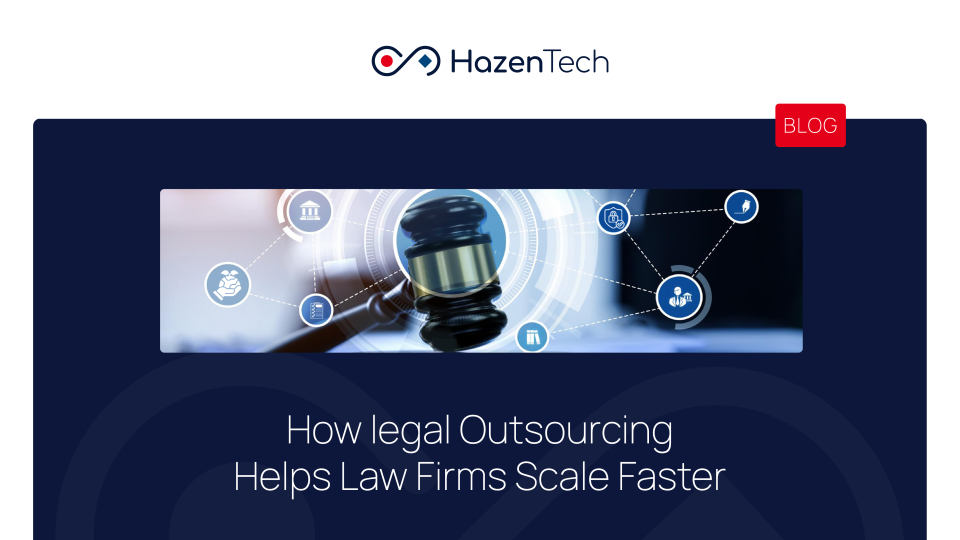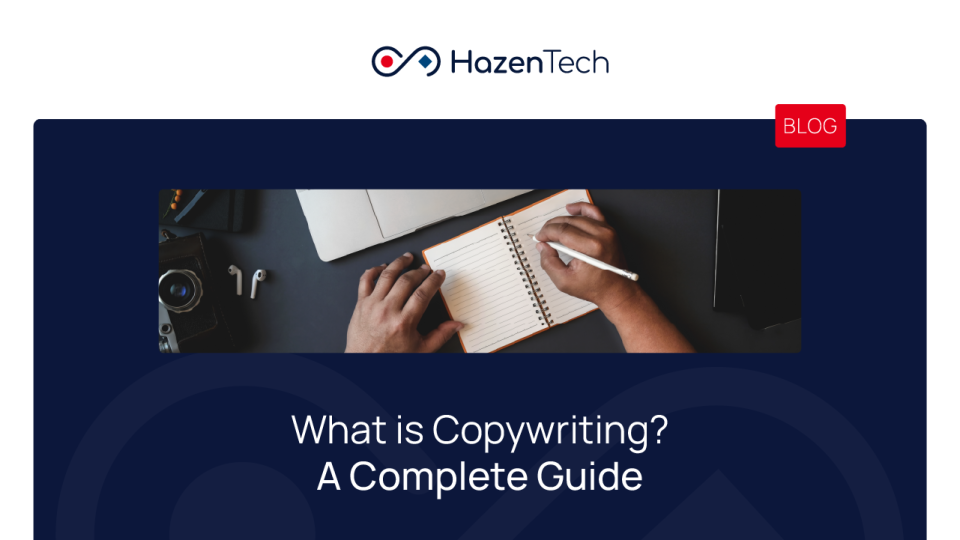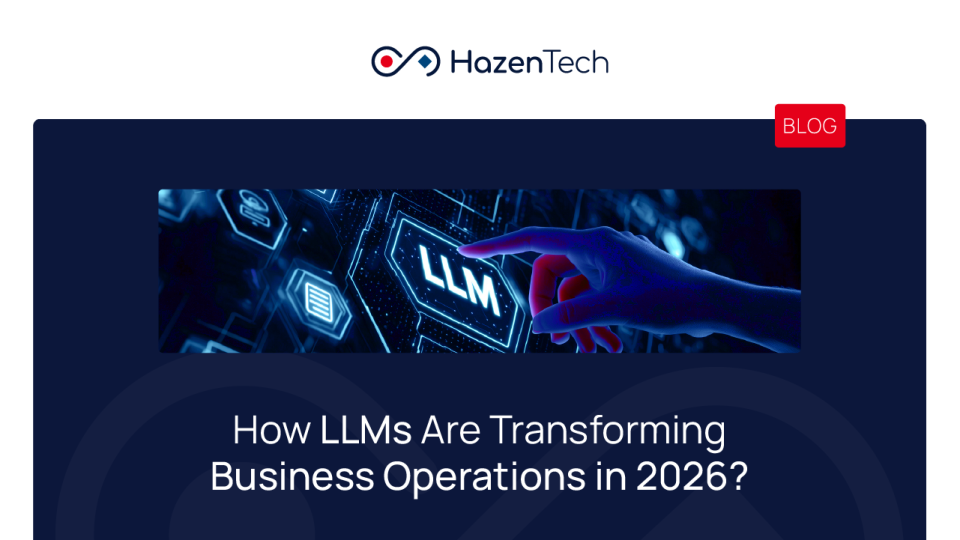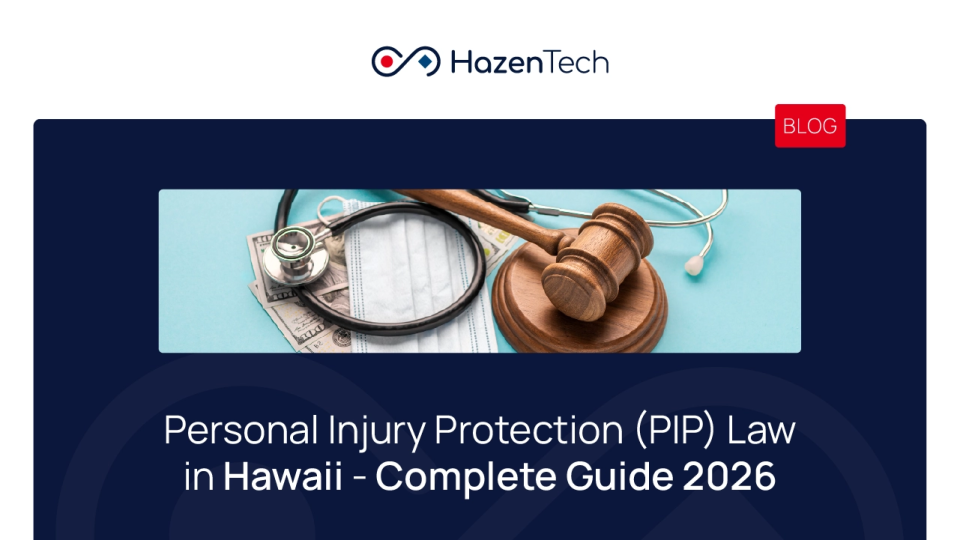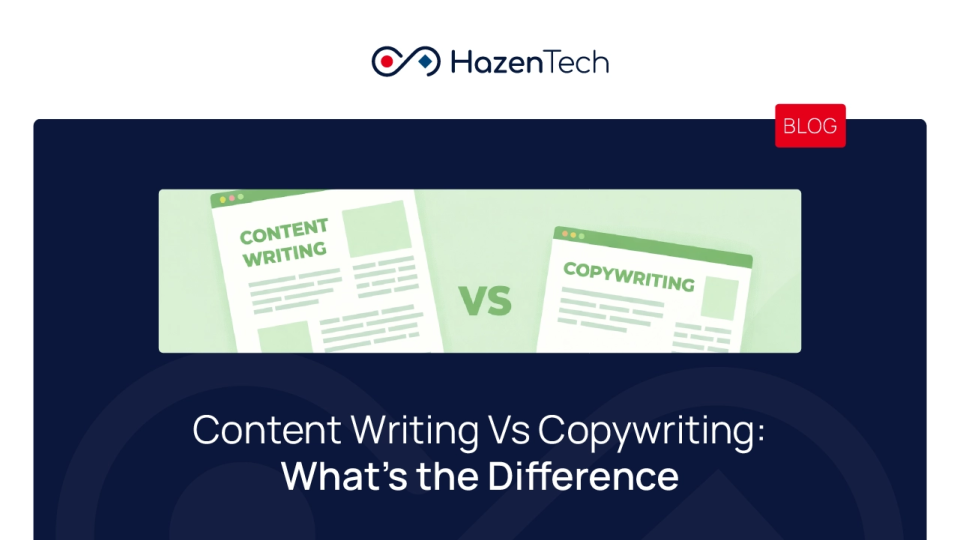In any business, no matter what it is, the early to medium stages demand the hardest and smartest work. Businesses and firms encounter operational and scalability challenges that seem impossible to overcome, and often face failures or hindered growth that takes forever. Of course, there are days when firms do achieve success, but the overall developmental stage can be mentally and operationally exhausting.
Law firms are no different; every small to mid-sized firm juggles client cases, administrative tasks, and strict deadlines. Hiring and retaining staff for every function drains not only budgets but also stretches resources, adds to operational fatigue, and takes focus away from client advocacy and growth.
There’s a smart way out of this loop, verified via a number of case studies, and that’s through Legal Process Outsourcing (LPO).
The global LPO market is projected to reach $29.81 billion in 2025, growing at a CAGR of 23.45%, driven by firms seeking efficiency and specialized support. Research indicates that several small and medium-sized law firms presume LPO is only for large law firms that undertake high-risk legal tasks, but the reality is way different.
Small and mid-sized firms especially benefit from outsourced legal services. These firms escape the exhausting cycle of constantly hiring and retaining junior staff. Instead of losing the momentum required for scaling every time a junior staff member moves on (which research shows is as high as 3 to 6 months for certain US states and law types), firms are able to scale faster, reduce operational expense and maintain productivity with a constant supply of trained resources.
Freeing the leadership’s time to focus on clients and growth, firms can utilize LPO for a range of services, including document processing, e-filing, legal research, CMS management, email handling, drafting, and much more.

Sources: Mordor Intelligence
What is Legal Process Outsourcing?
LPO is a form of outsourcing explicitly focused on legal operational work. Law firms partner with third-party LPO service providers like HazenTech Inc. (Clutch 2024 LPO Award Winner and Microsoft Solutions Partner), and acquire dedicated, fully legal-trained remote teams or individuals to handle all operational work. Because these junior, clerk-level roles are outsourced, firms avoid paying US salary bands whilst still securing highly motivated and trained graduates. These professionals see real career growth in such positions, which drives commitment, performance and long-term retention.
Ensuring stability for the firms through LPO, these experts perform tasks that law firms don’t need attorneys to handle directly. It’s like extending your team, but also saving costs on benefits, office space, insurance, and other expenses that an on-site resource demands.
Here are some of the most commonly outsourced legal works:
Legal Drafting | Write contracts, pleadings, and forms. |
Calendaring | Track deadlines and court dates. |
Document Review | Analyze case files for relevance. |
Check Processing | Manage legal payments and deposits. |
CMS Management | Organize case data and files. |
Legal Research | Find laws, cases, and precedents. |
Email Handling | Sort, reply, and manage inbox. |
E-Filing | Submit documents to courts online. |
Document Processing | Format, scan, and prepare files. |
Legal Assistance | Support attorneys with case tasks. |
Common Challenges Faced by Small and Medium-Sized Law Firms
Here are some of the most common challenges small and medium-sized law firms face:
Attorneys Dealing with Clerical Work
Clio published its 2017 Legal Trends study, which prompted attorneys to reassess their law practice. The most shocking finding was that, on average, lawyers only devote 2.3 hours of an 8-hour day to billable work. This only accounts for 29% of their time. The percentage of time spent on billable duties was much lower for legal professionals who worked more than eight hours a day.
Local Recruitment is Expensive
Recruiting locally is expensive, and staff turnover slows operations. In the U.S., the average cost per hire in the legal industry stands around $4,200. Firms also juggle case volume peaks and client expectations, making it hard to scale efficiently without stretching internal resources.
Data Security is a Concern
Many firms worry about data security. Legal work is sensitive, and mistakes can cost time, money, and reputation. But that happens only when you choose the wrong outsourcing partner. LPO providers counter this with robust security protocols, encrypted communication, and compliance measures, ensuring sensitive information stays protected.
Retaining Skilled Talent
HR struggles a lot during hiring processes because keeping top talent isn’t cheap. Replacing a single lawyer can cost up to twice their salary while turnover rates hit 23.2%, and firms risk losing 125% of their associate class over five years. This high churn eventually kills continuity, slows growth, and drains resources – something small law firms cannot afford.
Lack of Client Onboarding Capacity
Slow onboarding drives clients away. A 65% drop-off occurs when intake lags, resulting in firms losing 20% and upwards in revenue. Automating the process cuts time by 60% and boosts productivity. Still, many small firms lack the bandwidth or technology needed to build early trust and long-term retention.
How LPO Helps Firms Scale Faster
Small and mid-sized firms can expand capacity without the effort and overhead of hiring and retaining more staff. LPO enables attorneys to focus on billable work, reducing time spent on operational tasks. Peak workloads can be managed by LPO teams overnight, preventing delays and client dissatisfaction.
Example: A law firm struggling to manage contract reviews outsourced document processing to an LPO provider. The provider cleared 120 cases in two weeks, saving the firm both time and recruitment costs.
LPO also provides access to specialized expertise. Firms can handle niche areas like Personal Injury Protection (PIP) Law, Personal Injury Law, and Property Damage claims without hiring full-time specialists. This allows firms to expand service offerings while maintaining quality and compliance.
Key Benefits of LPO for Small and Mid-Sized Law Firms
- Cost Reduction – Outsourcing operational tasks reduces overhead, salaries, and office expenses. Small firms often save up to 50% compared to in-house hiring.
- Faster Case Turnaround – Dedicated LPO teams process tasks quickly, mostly overnight, enabling firms to handle more cases without overloading attorneys.
- Improved Accuracy – Trained professionals, use of AI-enabled platforms and quality assurance systems minimize errors, ensuring reliable outputs.
- Scalability – Firms can quickly increase operational capacity during peak periods without long hiring cycles.
- Client Satisfaction – Faster response times and accurate filings improve business results, client trust and retention.
- Focus on Core Work – Attorneys can dedicate more time to billable hours; legal strategy, advocacy, and high-value tasks.
LPO Adoption Rates Based on Research
Function | % of Firms Outsourcing (2025 Projection) |
Document Processing | 61% |
Legal Research | 48% |
CMS and Email Management | 55% |
Drafting and Filing | 52% |
Sources: Mordor Intelligence, UpCity, Grand View Research
Key to Success: Choosing the Right LPO Partner
Selecting the right provider ensures efficiency, compliance, and data security. Look for:
- Experience in your jurisdiction and practice area
- Strong security protocols (Clutch, HIPAA, ISO certifications)
- Transparent reporting with clear KPIs
- Positive client references
- Flexible teams that scale according to workload
Firms that invest time in evaluating providers often see higher satisfaction and faster ROI.
Common Misconceptions About LPO
- Only for large firms – Small and mid-sized firms also benefit from LPO, especially for document-intensive tasks.
- Quality is compromised – Reputable providers maintain high accuracy and QA protocols.
- Data security is a risk – Certified LPO providers use encryption, access controls, and compliance measures to protect information.
Case Study: GED Lawyers
GED Lawyers contacted HazenTech Inc. for legal process outsourcing services as the firm faced challenges in growing its client base and limited internal staff. We deployed a fully trained legal team within days, ready to jump into action. Resultingly, GED Lawyers reduced case turnaround by 35%, onboarded 20% more clients, and cut staffing costs by 50%. You can check out the entire case study here.
Summing Up
Small and mid-sized law firms gain flexibility, efficiency, and growth potential with LPO. It reduces costs, speeds up case processing, and frees attorneys to focus on high-value work. Choosing a reputable LPO partner ensures data security, quality, and compliance, making outsourcing a practical strategy for sustainable growth. Firms that embrace LPO handle more cases, improve client satisfaction, and scale without adding internal headcount.
